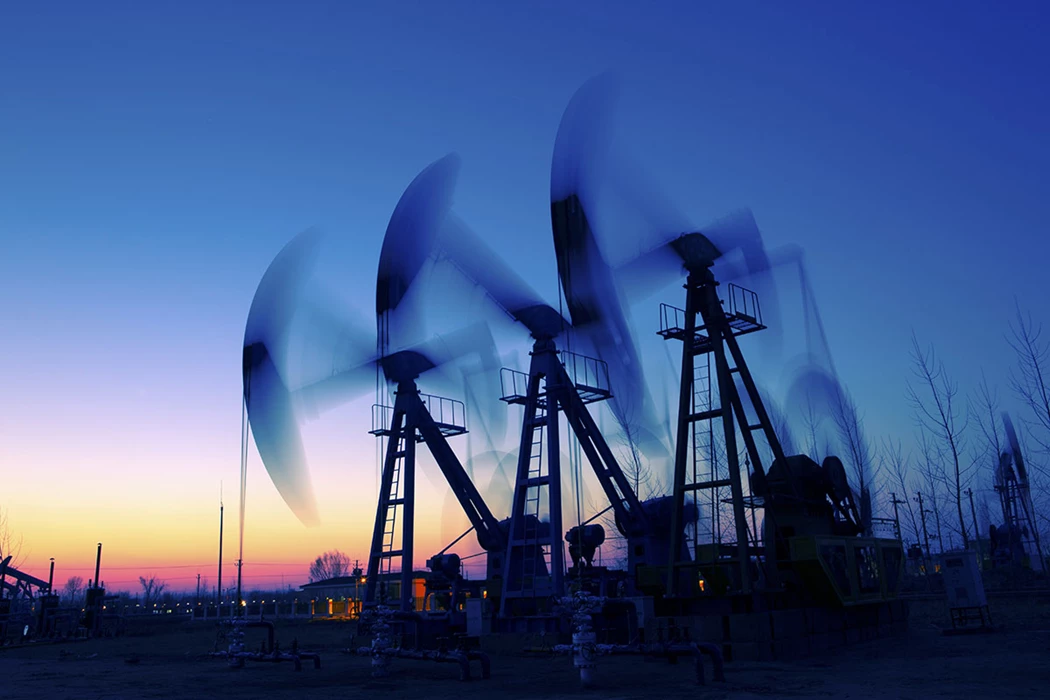EU Is Preparing to Start Work on a New Russia Sanctions Package
(Bloomberg) -- The European Union will start consulting with member states in the coming days on a new sanctions package targeting Russia for its war against Ukraine, according to people familiar with the matter.
The new package, which would be the bloc’s 12th since Russia invaded, could include a ban on Russian diamonds, a further crack down on Moscow’s ability to get around sanctions and listing companies in third countries that are helping Moscow to do so, said the people who spoke on the condition of anonymity.
The EU has been working with the Group of Seven, representing the world’s largest developed economies, on a mechanism that would trace diamonds across borders, overcoming concerns that any ban would just see the trade re-directed elsewhere.
The bloc is also expected to expand the list of restricted goods that Russia could use for military purposes. A key focus of the EU and its allies has been to impede efforts by the Kremlin to acquire a shorter list of crucial goods needed to build and supply weapons, and as part of those efforts have looked to apply diplomatic pressure on third countries aiding Moscow.
The G-7 is also discussing ways to better enforce a price cap on Russian oil as crude prices have risen above the $60 threshold set by the mechanism.
Separately, EU member states are making slow progress on introducing a windfall tax on the profits generated by frozen Russian central bank assets and using those proceeds toward Ukraine’s reconstruction.
Despite the endorsement of the US and other G-7 allies for the measure, tangible movement on a proposal is still some time away, the people said.
Still, the US will reaffirm its support for action at a summit with European Commission President Ursula von der Leyen and European Council President Charles Michel on Friday.
“As part of our efforts to aid Ukraine, in the short term, we will explore how any extraordinary revenues held by private entities stemming directly from immobilized Russian sovereign assets, where those extraordinary revenues are not required to meet obligations towards Russia under applicable laws, could be directed to support Ukraine and its recovery and reconstruction in compliance with applicable laws,” according to a draft summit statement seen by Bloomberg.
©2023 Bloomberg L.P.





